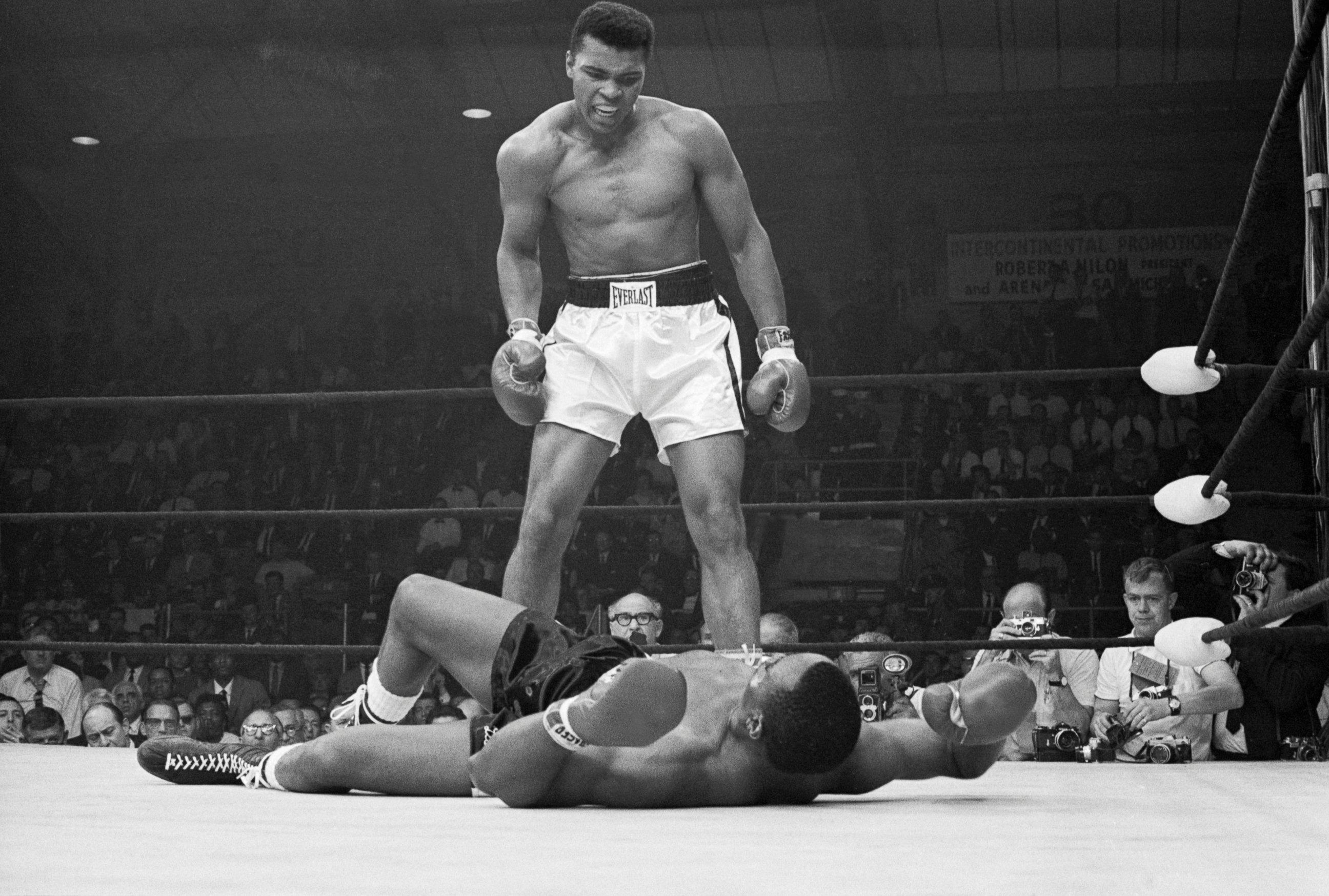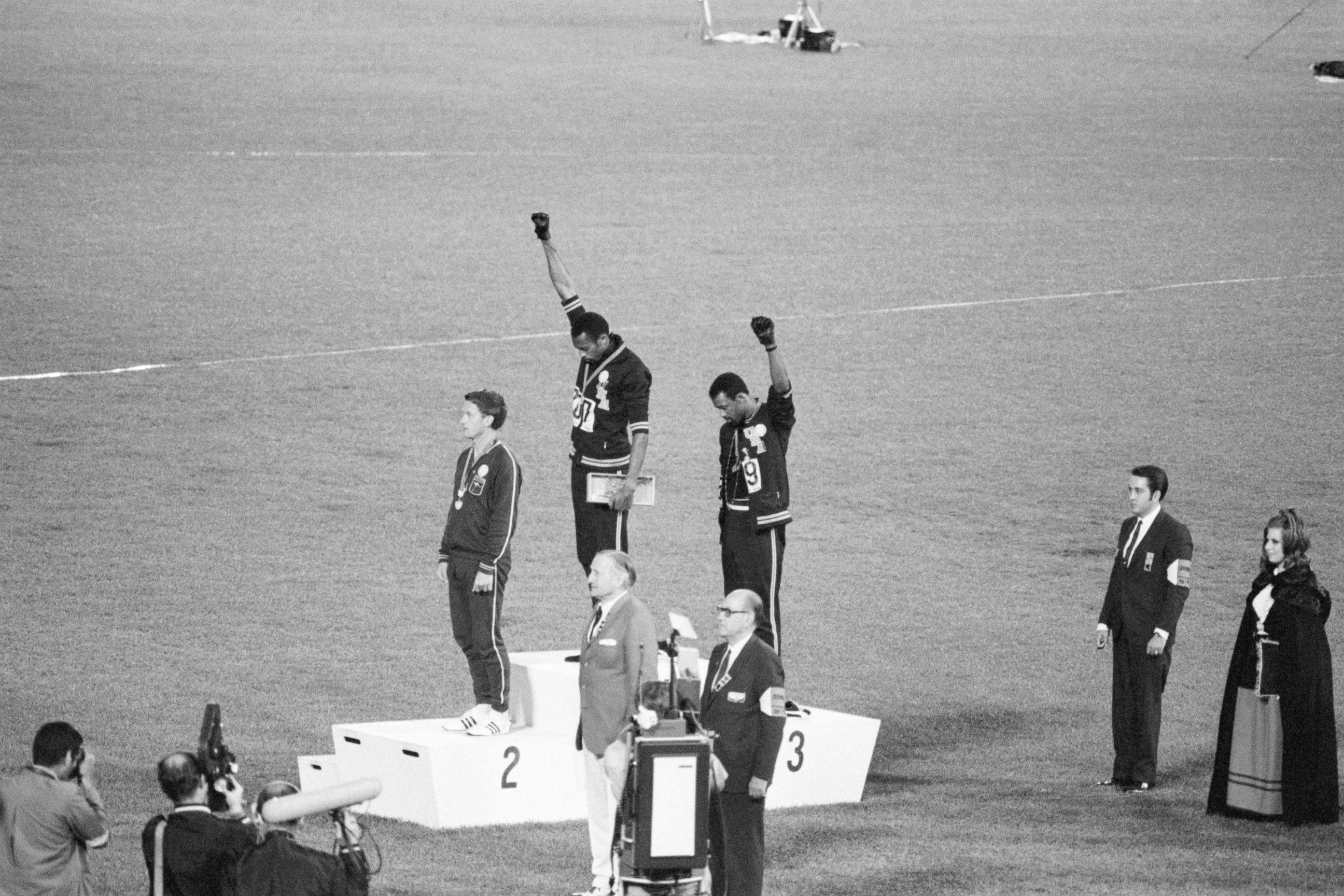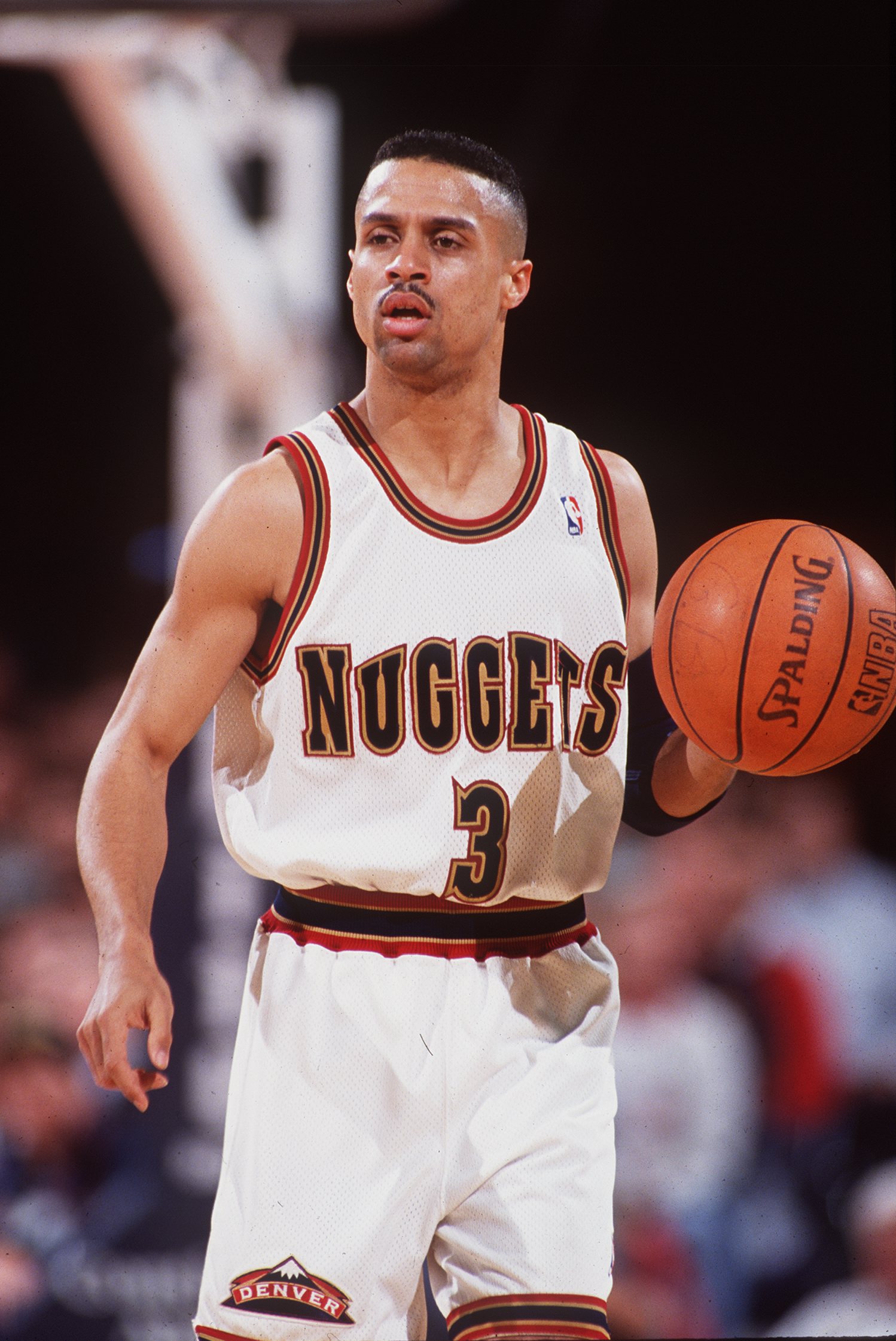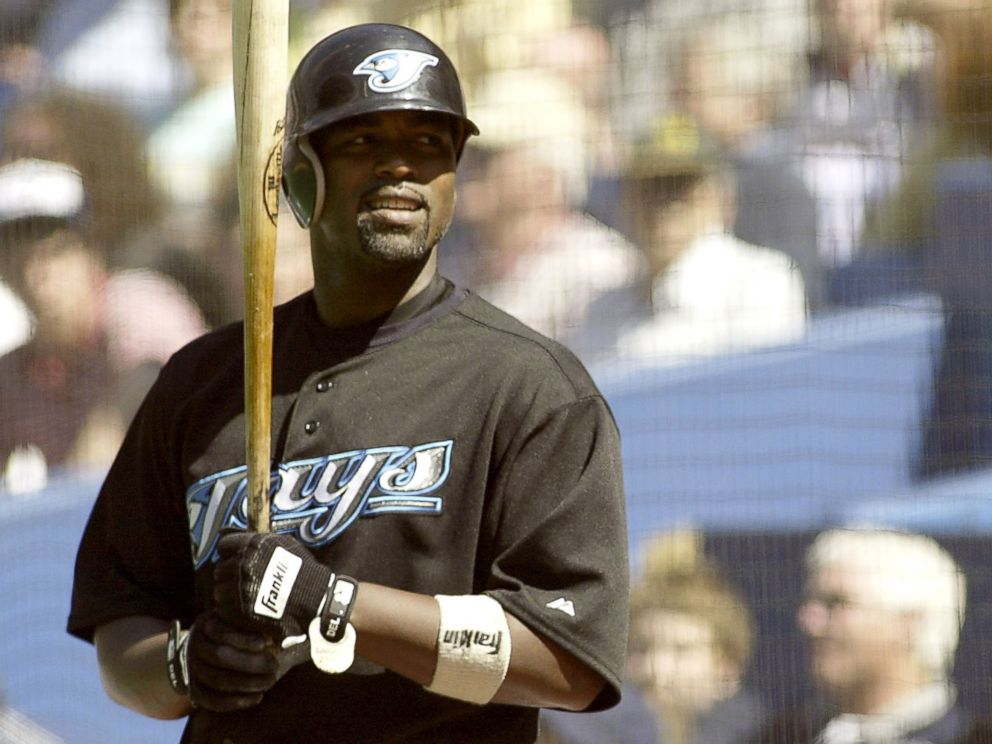Ali, Smith and Carlos Protests Left Lasting Impressions. Will Kaepernick's?
It remains to be seen how people will view his actions over time.
— -- San Francisco 49ers quarterback Colin Kaepernick, who is refusing to stand for the national anthem in protest of America's treatment of "black people and people of color," has drawn considerable attention for his remarks but questions remain over how the public will perceive his recent actions over time.
Jeremy Schaap — an ESPN writer and the author of "Triumph: The Untold Story of Jesse Owens and Hitler's Olympics" — and Dave Zirin — the sports editor for The Nation and the author of "What's My Name, Fool!" a book about sports and political resistance in America — told ABC News that several factors will determine the legacy of Kaepernick's recent actions.
Schaap noted that history has warmed to protests of athletes like Muhammad Ali, Tommie Smith and John Carlos, who competed when the civil rights movement was at its peak, and said that "the world has adjusted to their viewpoints."

"We've had a chance to step away with the benefit of hindsight after a cooling down period, and now people judge their actions in a completely different way," Schaap said.
Zirin noted that Smith and Carlos, who raised their fists in a black power salute during the Mexico City Olympics, did so in October of 1968, after a storm of highly charged political events, including the assassination of Martin Luther King Jr. and the Tet offensive in the Vietnam War.
He described their actions as being "in the context of a movement," something he said was also true of Kaepernick, pointing to the recent Black Lives Matter protests that have occurred throughout the country.
"He's elevated the discussion with the actions he's taken," Zirin said. "That's why this story has been so electric. It feels very similar to 1968."

Ali, of course, drew considerable criticism at the time of his protest but was lionized as an American hero by everyone from President Obama to Donald Trump when he died this year. Smith and Carlos, who were ostracized and received death threats in 1968, later went on to win an Arthur Ashe Courage Award at the 2008 ESPYs. Nowadays, imagery of their protest has become ubiquitous and has even been featured in corporate advertising.
Other protests, however, seem to have been remembered only in the context of Kaepernick's recent actions, like NBA guard Mahmoud Abdul-Rauf's sit-out of the national anthem in 1996 and major league first baseman Carlos Delgado's protest of "God Bless America" in 2004.

Zirin differentiated the actions of Abdul-Rauf and Delgado from those of Ali, Smith and Carlos by describing them as "isolated" and not really part of any specific movement.
He said that the isolation of Abdul-Rauf, for example, made him more vulnerable to punishment than Kaepernick. "He was fined, and I don't think that would happen now," Zirin said.
Schaap said that Delgado's actions aren't really remembered because he never received much in the way of punishment for his protest, which was conducted in response for America's invasion of Iraq and made in solidarity with a political movement happening in his native home of Puerto Rico over U.S. weapons testing on the island of Vieques.
"He didn't lose millions of dollars and wasn't banished from his sport," Schaap said. "To create a lasting impression [like the protests of Ali, Smith and Carlos], there has to be a sense that these guys are sacrificing something."

Zirin also noted that Abdul-Rauf and Delgado conducted their protests in an age before social media and that that the public interpretations of their actions were left almost exclusively to sports writers. Nowadays, however, the public at large has a louder voice, thanks to social media. He called this change a "bottom up" interpretation of events rather than "top down," opening up a broader potential for support of Kaepernick's actions.
Today, NBA Hall of Famer Kareem Abdul-Jabbar voiced support for Kaepernick's protest, driving the discussion on social media even further.
Zirin agreed with Schaap that the degree of sacrifice displayed by an athlete plays an important role in how a protest is viewed by the culture at large, suggesting that Kaepernick was indeed taking a big risk with his career.
"He's really risking something by doing this," Zirin said. "It's all the more admirable that he could be cut by the 49ers."
Kaepernick electrified fans early in his career. In his first career postseason start in 2012, he helped defeat the Green Bay Packers and set an NFL single-game record for the most rushing yards by a quarterback with 181.
Since that time, however, his performance on the field has been mixed. Last year, he struggled through injury and inconsistency, having the worst year of his career as a pro.
"Even the best athletes have a short time in the spotlight," Zirin said, noting the difference between Kaepernick's taking a political stance, versus an established movie star with longevity like George Clooney.
Kaepernick can next be seen on Thursday night, when the San Francisco 49ers play a preseason game in San Diego against the Chargers, who are set to host their 28th Annual Salute to the Military celebration, recognizing the city’s robust military population with pregame and halftime events.
Kaepernick has said that he will not stand for the national anthem at that game.




